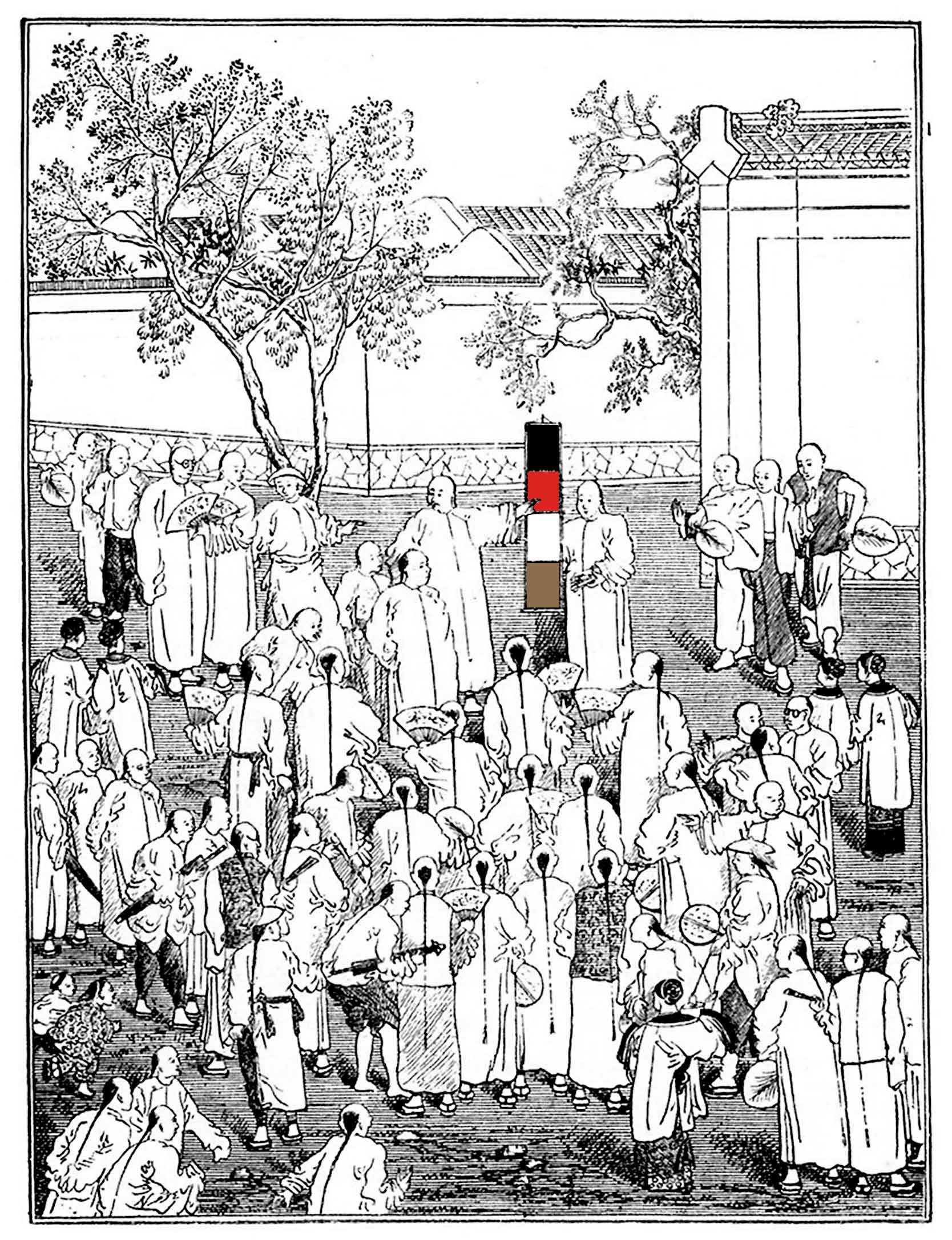Thai Church Denominations
 The church landscape in every country looks a bit different, depending on local conditions and the missions history of that nation. Here in Thailand, Catholics have been in the country since the 1600s, and Protestants since the early 1800s. The Christian groups recognized by the Thai government, registered through the Department of Religion are the Roman Catholic Church, the Church of Christ in Thailand (CCT), the Thailand Baptist Convention, the Evangelical Fellowship of Thailand (EFT), and the Seventh Day Adventists. Pentecostal groups with a significant presence in the country include the Hope of Bangkok church association, the Rom Glao (ร่มเกล้า) and Rom Yen (ร่มเย็น) church associations, Jai Saman church (large Bangkok church), the Full Gospel Church association, and the Assemblies of God (Christian Samphan). There are other church associations, I am sure, but the ones mentioned above are the biggies. It should also be noted that the Mormons, Jehovah’s Witnesses and other cult groups are in Thailand as well although I am not sure how they are recognized by the government or how they get their visas.
The church landscape in every country looks a bit different, depending on local conditions and the missions history of that nation. Here in Thailand, Catholics have been in the country since the 1600s, and Protestants since the early 1800s. The Christian groups recognized by the Thai government, registered through the Department of Religion are the Roman Catholic Church, the Church of Christ in Thailand (CCT), the Thailand Baptist Convention, the Evangelical Fellowship of Thailand (EFT), and the Seventh Day Adventists. Pentecostal groups with a significant presence in the country include the Hope of Bangkok church association, the Rom Glao (ร่มเกล้า) and Rom Yen (ร่มเย็น) church associations, Jai Saman church (large Bangkok church), the Full Gospel Church association, and the Assemblies of God (Christian Samphan). There are other church associations, I am sure, but the ones mentioned above are the biggies. It should also be noted that the Mormons, Jehovah’s Witnesses and other cult groups are in Thailand as well although I am not sure how they are recognized by the government or how they get their visas.
CCT was started by American Presbyterians in the 19th century and currently maintains fraternal ties with the Presbyterian Church (USA), although it now includes Baptists, Lutherans and Pentecostals and is overall probably more evangelical than the PCUSA. The Church of Christ in Thailand is not associated with the Church of Christ denomination in the United States.
The Thailand Baptist Convention is associated with the Southern Baptist Convention in the USA, and the EFT is really more of an umbrella organization that includes many different smaller church groups, including the Associated Churches of Thailand (ACT), a broadly evangelical church association which is connected to OMF, the mission organization that we are part of.
Generally speaking, Pentecostal churches make up a significant section of Thai Protestant churches thought I don't think that they constitute a majority. That said, Pentecostal theology and worship style extends far beyond churches that would identify themselves as Pentecostal. It seems that a majority of Thai churches are egalitarian to a large degree although most pastors are still men. However, the few explicitly Reformed churches that exist (and some Baptist churches) retain more a traditional complementarian view (only men as pastors).
This past week I attended the 7th Thailand Congress on Evangelism in Bangkok which brought together three of the largest Protestant church groups (CCT, Baptists, & EFT). In my next post, I’ll share some thoughts on the conference and take a look at the state of evangelical Protestant unity in Thailand.





